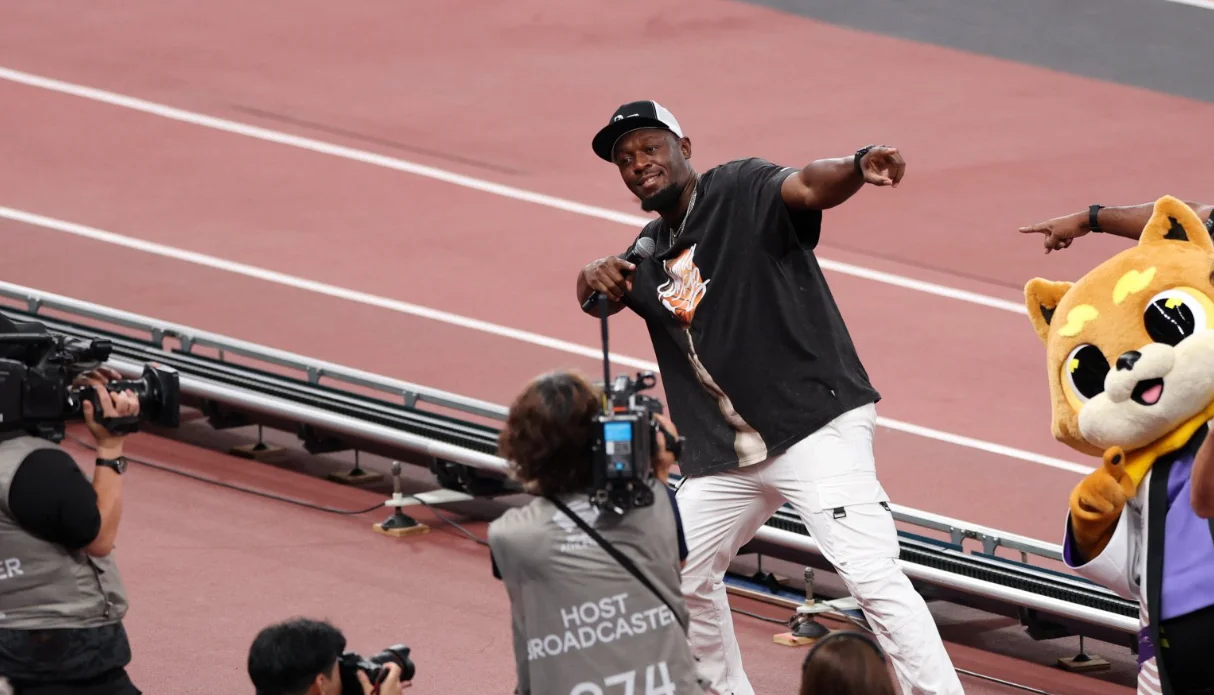Starting this September, athletes who want to compete in the female category at world-ranking events will be required to undergo a one-time genetic test, World Athletics has announced. The new rule, set to come into effect on 1 September, will apply to all World Athletics events, including the upcoming World Championships in Tokyo, scheduled for 13–21 September.
The test will check for the presence of the SRY gene, found on the Y chromosome, which is responsible for initiating male biological development. Athletes can take the test through a simple cheek swab or a blood sample. A negative result—indicating no Y chromosome—is required for eligibility in the female category at elite-level, world-ranking competitions.
NEW: World Athletics introduces SRY gene test for athletes wishing to compete in the female category. Will be brought in ahead of World Athletics Championships in Tokyo in September. https://t.co/TrTeBNpwdk
— Matt Lawton (@Lawton_Times) July 30, 2025
Those who test positive will not be eligible for the female category in world-ranking events, but may still compete in that category at non-ranking meets or in alternative classifications.
“It is really important in a sport that is permanently trying to attract more women that they enter a sport believing there is no biological glass ceiling,” said World Athletics president Lord Sebastian Coe. He emphasized the organization’s position: “At elite level, for you to compete in the female category, you have to be biologically female. Gender cannot trump biology.”
World Athletics described the gene test as “extremely accurate” and noted that false positives or negatives are “extremely unlikely.” Member federations will oversee the administration of the one-time test.

The World Athletics Council has approved new regulations concerning eligibility conditions to compete in the female category for world ranking competitions.
The new regulations come into effect on 1 September 2025 and will be applied to the World Athletics Championships Tokyo 25… pic.twitter.com/BO8Lz4kfwS
— World Athletics (@WorldAthletics) July 30, 2025
The move follows similar decisions by other sporting bodies, including World Boxing, which adopted mandatory sex testing in May and also approved use of the SRY test.
The introduction of the gene test stems from a broader effort by World Athletics to clarify eligibility criteria for transgender and athletes with differences of sex development (DSD). In March 2023, the governing body implemented a ban on transgender athletes who have undergone male puberty from competing in the female category at international level.
Coe expressed gratitude to the organization’s global partners: “We particularly want to thank our member federations for their support and commitment in the implementation of these new regulations.”


 Former world pole vault champion Shawn Barber dies age 29
Former world pole vault champion Shawn Barber dies age 29  Noah Lyles left shocked by the new World Athletics award format
Noah Lyles left shocked by the new World Athletics award format  USA take double gold medals in sprints
USA take double gold medals in sprints 










